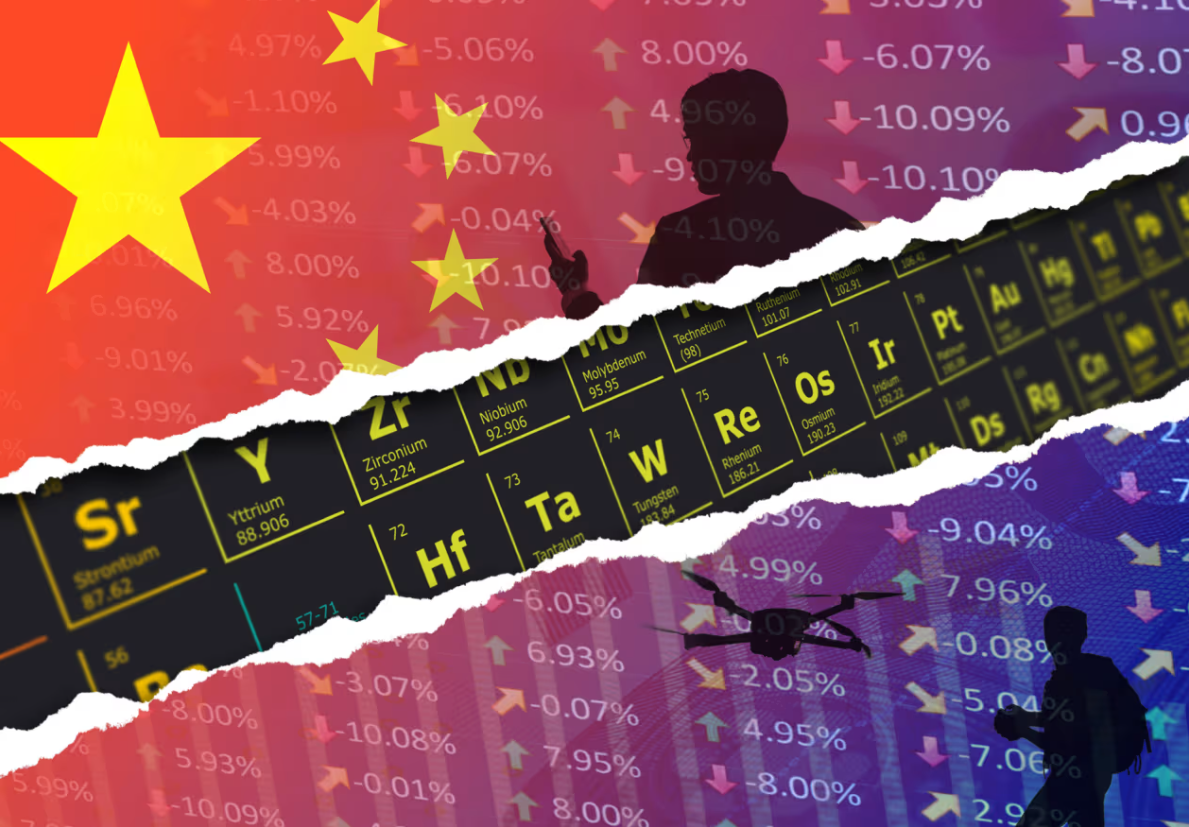
Christopher A. McNally, Professor of Political Economy, Chaminade University
Jun 05, 2025
America’s tariff agenda has taken global trade hostage to begin this year. While the strongman tactics employed by Trump’s administration are netting favorable results in some ways, China has been able to hold out from the pressure, showing flaws in America’s plan.
Wang Yuzhu, Research Fellow, Institute for World Economy Studies, SIIS
Jun 02, 2025
America’s reindustrialization process relies heavily on China’s industrial system support. In an increasingly competitive global market, China’s full-fledged industrial system emerges as the most cost-effective and competitive option.
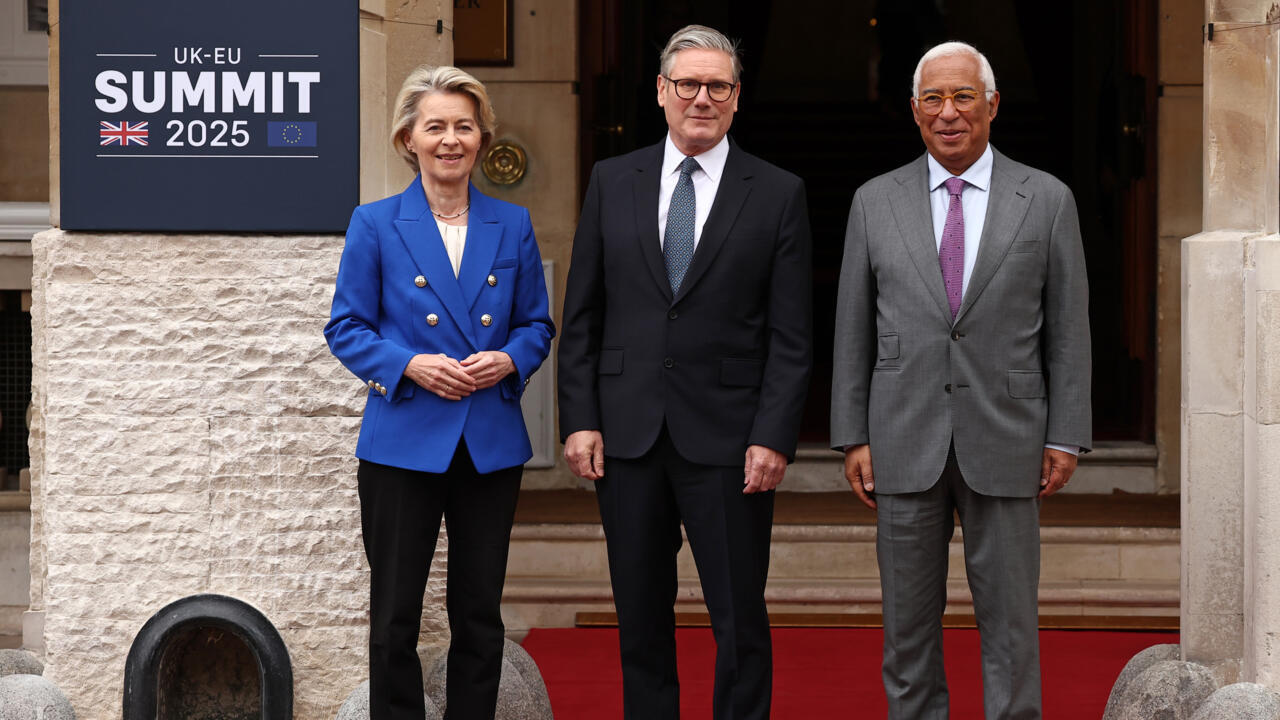
Zhang Yun, Professor, School of International Relations, Nanjing University
May 30, 2025
After reaching a consensus in their tariff negotiations in Geneva, China and the United States have significantly reduced their duties on each other. This has awakened countries around the world and inspired them to launch a new wave of regional integration.
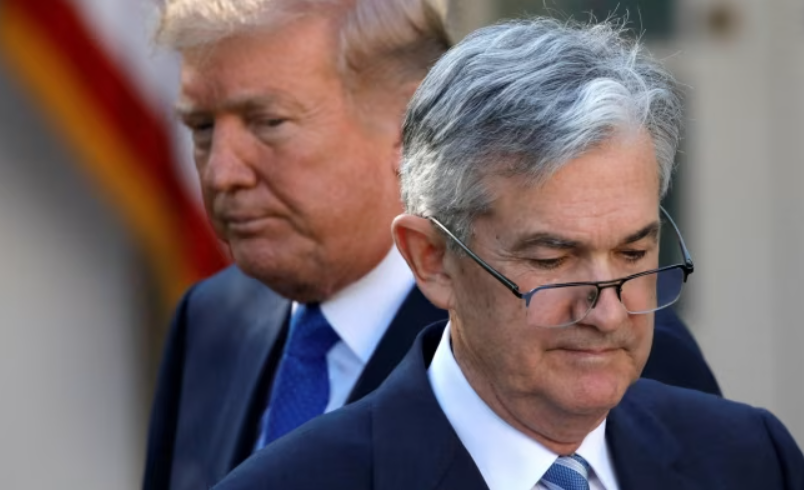
Yu Xiang, Senior Fellow, China Construction Bank Research Institute
May 30, 2025
Wall Street’s turmoil is both a crisis and an opportunity. Those who adapt by diversifying into non-dollar assets or betting on emerging markets as wealth and power are redefined could come out ahead.
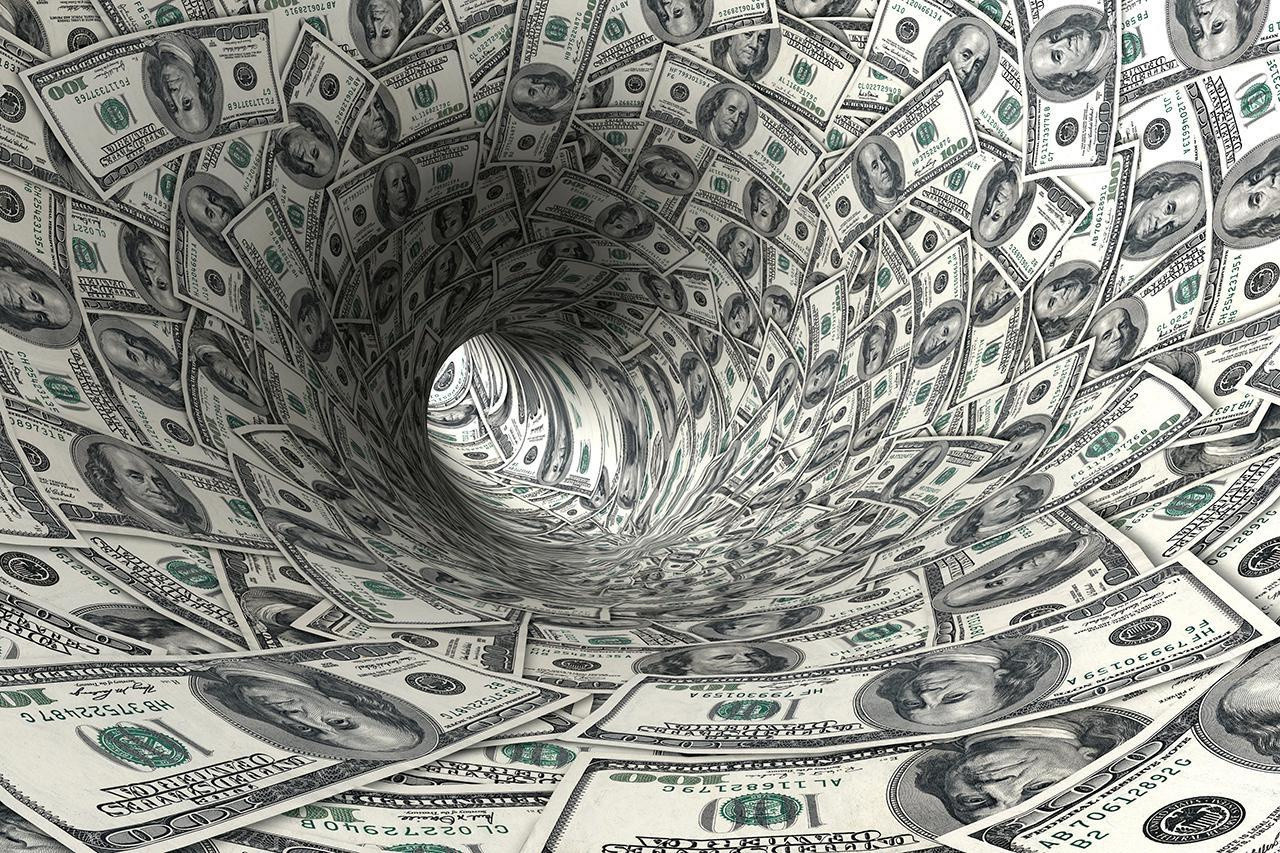
Warwick Powell, Adjunct Professor at Queensland University of Technology, Senior Fellow at Beijing Taihe Institute
May 30, 2025
In the week of 25th May 2025, Kuala Lumpur played host to a landmark event: the inaugural ASEAN-GCC-China Summit. It brought together Southeast Asian nations, the Gulf states, and China - three pillars of the emerging multipolar order - in a signal moment of strategic realignment. While headlines may focus on trade, energy, and infrastructure cooperation, the deeper story lies in a quiet revolution in how the world’s fastest-growing economies trade, settle, and invest - increasingly without the U.S. dollar.
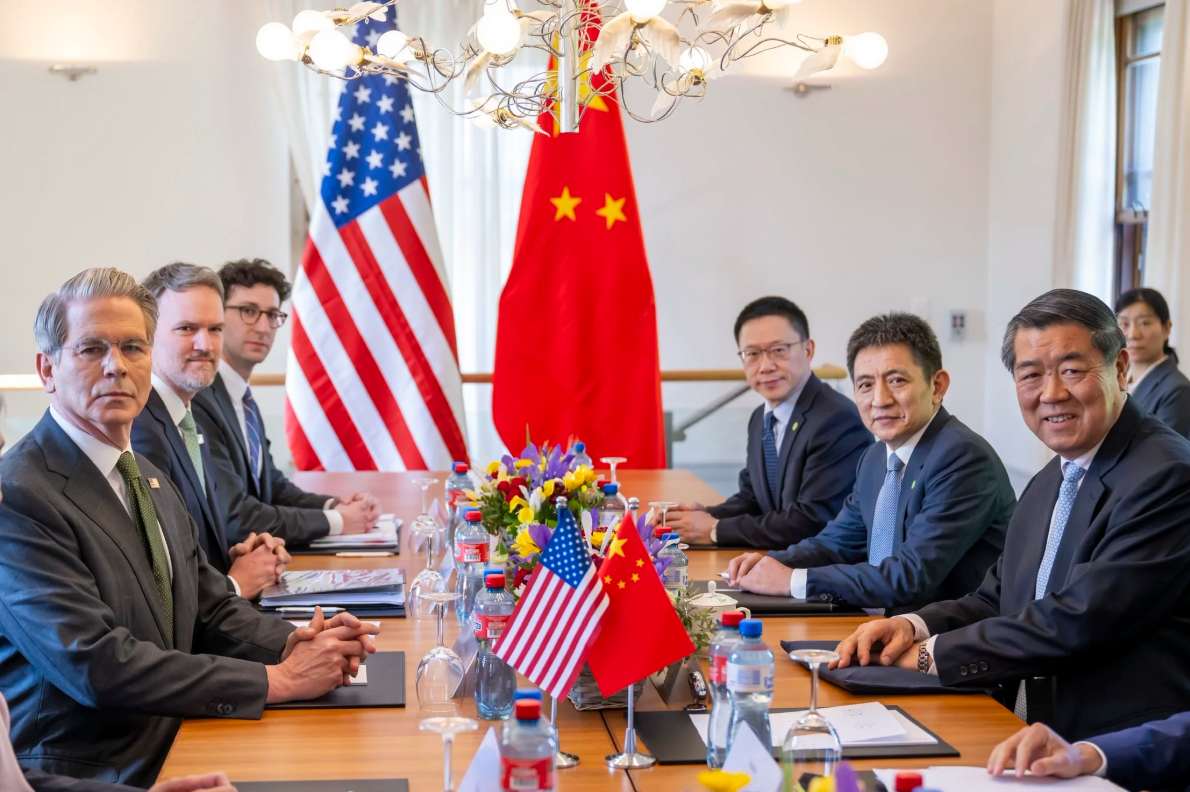
He Weiwen, Senior Fellow, Center for China and Globalization, CCG
May 30, 2025
Values laid out by China and the United States — equality, mutual respect and mutual benefit — will keep trade tensions under control through practical results and stabilize the important trade relationship.
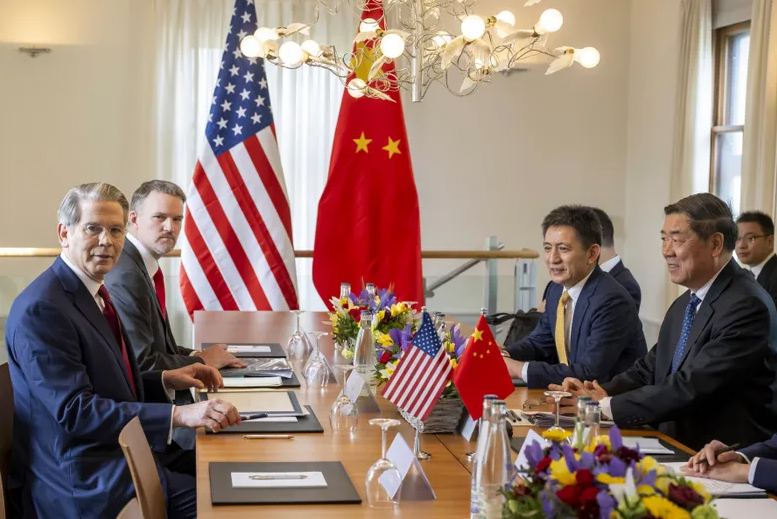
Ghulam Ali, PhD, Monash University, Australia
May 23, 2025
U.S. President Donald Trump’s unwarranted global tariff war, which began on April 2, 2025, with steep 145 percent tariffs on China, alerted economists to unforeseen global consequences. As China’s economy relied heavily on manufactured goods, and with the U.S. as its largest export destination, the Trump administration believed that imposing tariffs could weaken China and compel it to comply with its terms and conditions. Beijing, well-prepared in advance, proved this belief wrong. China’s resolute response within weeks forced the U.S. to enter negotiations, which took place from May 10 to 12 in Geneva, in which the two sides agreed to suspend tariffs for 90 days. The success of Beijing’s policy relied on several factors.
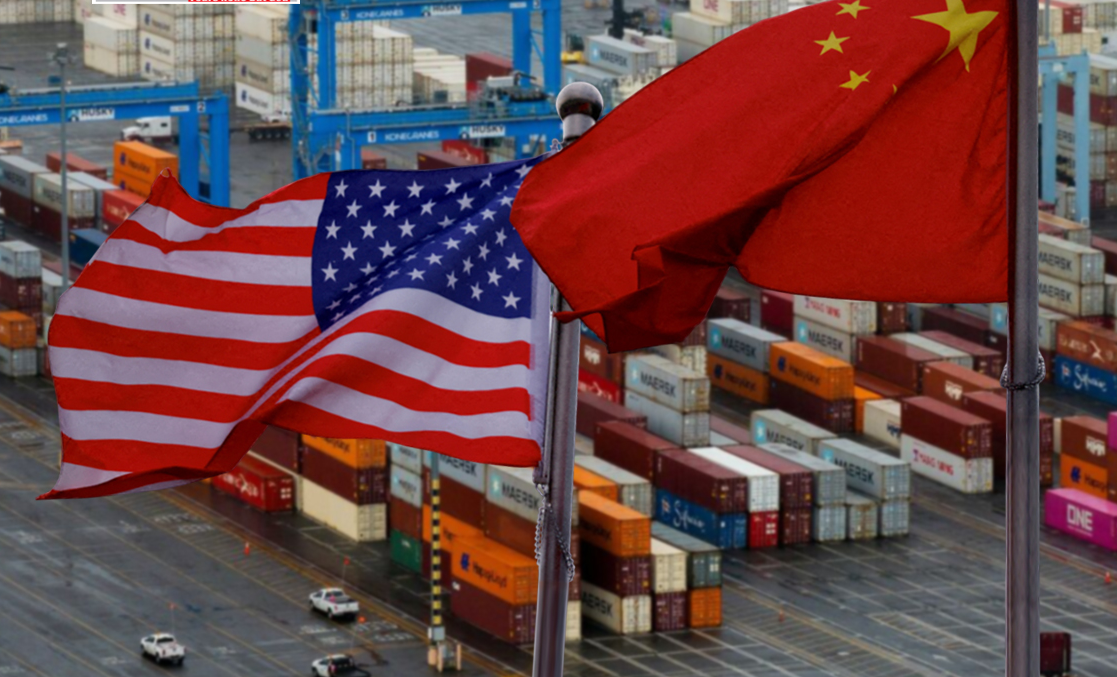
Ma Xue, Associate Fellow, Institute of American Studies, China Institutes of Contemporary International Relations
May 23, 2025
The recent China-U.S. economic and trade talks have helped ease trade tensions between the world’s two largest economies. Tariffs have been reduced significantly, lifting the pessimistic mood. However, a sustainable trade agreement has not yet been sealed.
Zhou Xiaoming, Former Deputy Permanent Representative of China’s Mission to the UN Office in Geneva
May 23, 2025
The deal will spell the end of WTO’s system of setting tariffs by consensus, which has been in operation since the inception of the world body in 1995. It will usher in a new era in which Washington alone will set tariff rates.
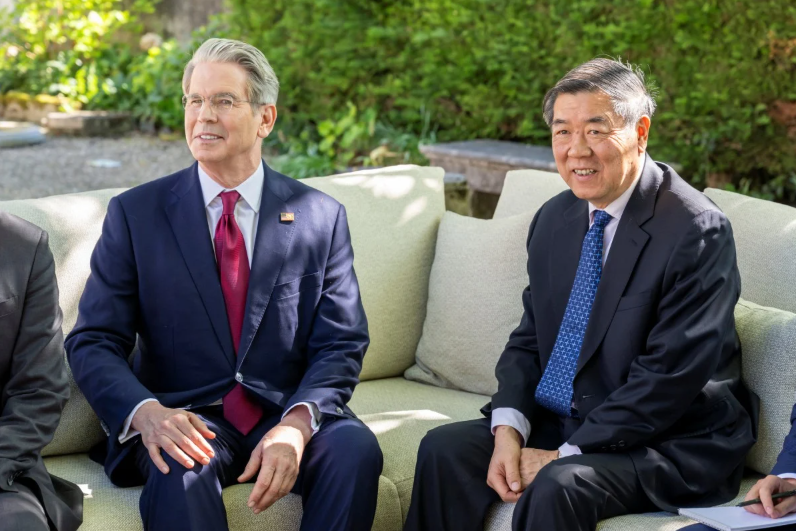
Fu Suixin, Assistant Researcher at Institute of American Studies, Chinese Academy of Social Sciences
May 22, 2025
To Donald Trump’s surprise, China showed no fear of tariffs. Instead, it launched a powerful tit-for-tat counteroffensive that caused the United States to back off. Trump’s pattern of bullying, his obsession with bellicose showmanship, his love of flattery and his attempts to instill fear are on display for all to see.
Back to Top

- China-US Focus builds trust and understanding between the U.S. and China through open dialogue among thought leaders.
- Our Offerings
- Topics
- Videos
- Podcasts
- Columnists
- Research Reports
- Focus Digest
- Stay Connected
-
Thanks for signing up!
- Get the latest stories from China-US Focus weekly.